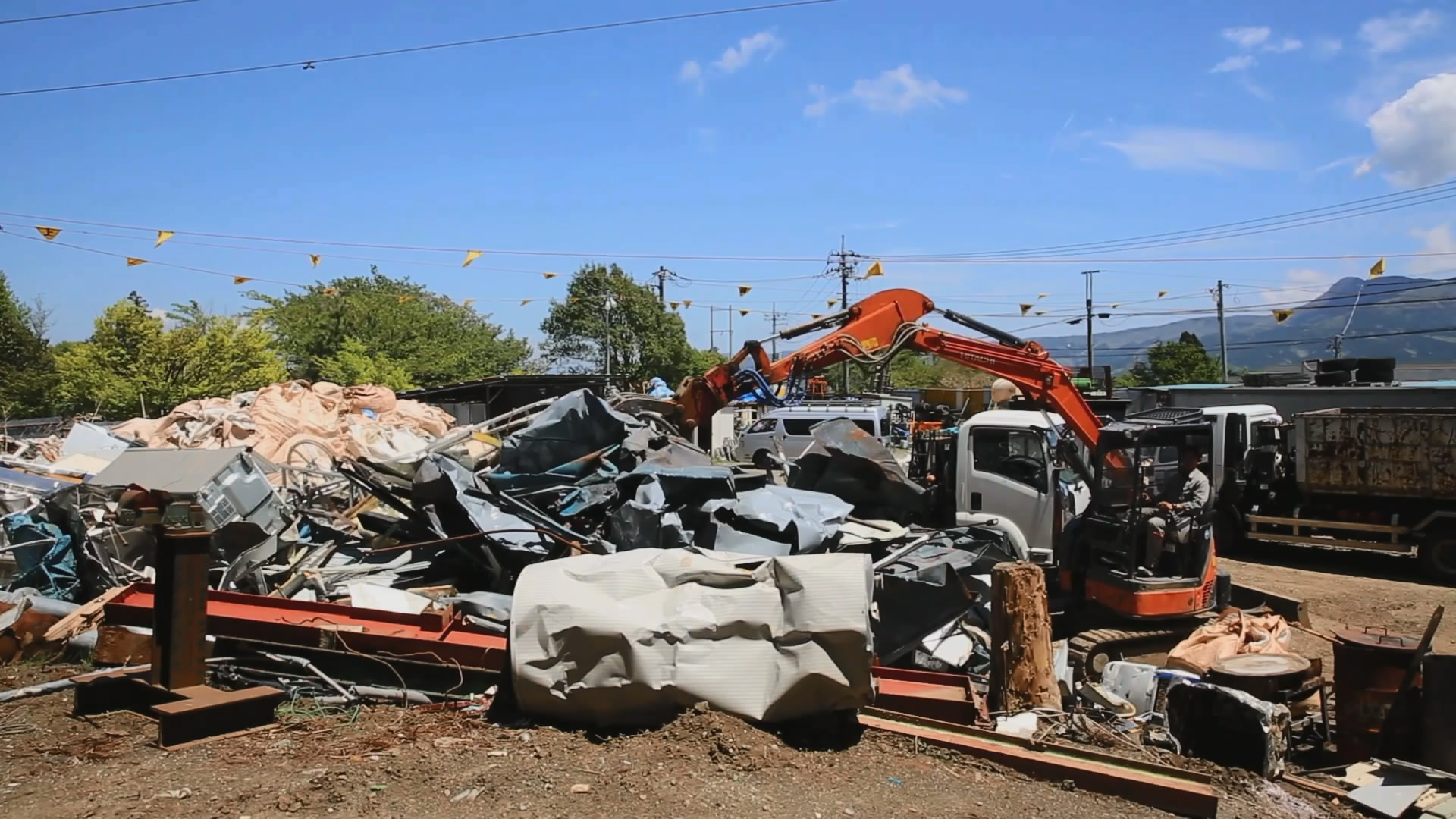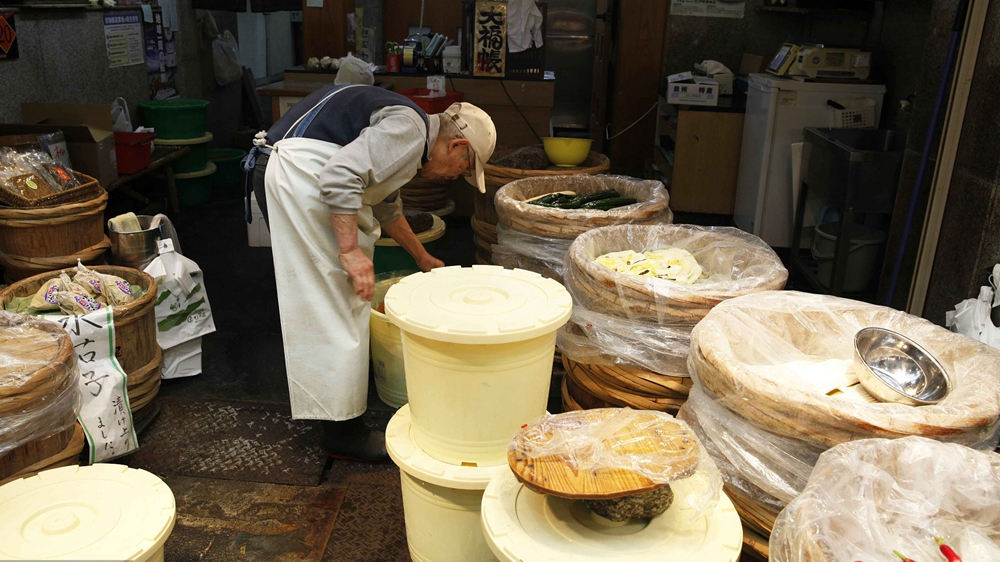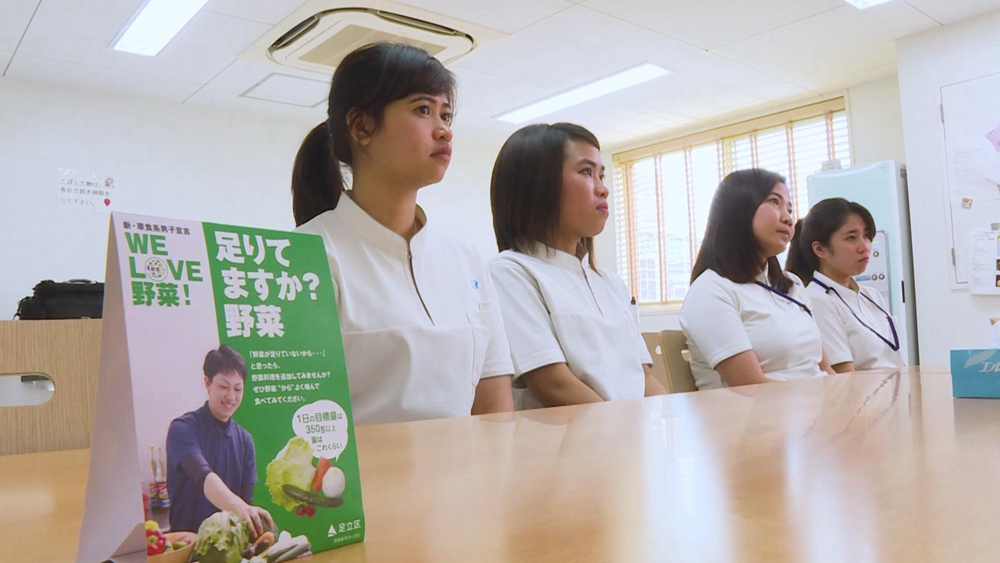
World
15:05, 30-Nov-2018
Assignment Asia: The 'Outsiders' that Japan cannot do without
Updated
14:06, 03-Dec-2018
By Barnaby Lo
01:01

Japan's lower house of parliament introduced a bill this week that will potentially allow the country to formally accept foreign blue-collar workers and give them a chance to become permanent residents.
This is seen by many analysts and watchers as a sign that Japan is moving toward becoming a country that welcomes immigrants.
Due to Japan's ageing population and shrinking workforce, many have long argued that the country needs to open its doors to more foreigners. But in a largely homogeneous society, that's easier said than done.

An elderly Japanese man works at his stall. /VCG Photo
An elderly Japanese man works at his stall. /VCG Photo
Undocumented Worker Vic
Undocumented Filipino worker Vic, has been quietly making a living as a laborer in a Japanese junk yard for over half a year.
Like millions of other Filipinos working overseas, Vic whose name has been concealed to protect his identity, is sacrificing time away from his family.
Speaking to Assignment Asia before the bill was introduced, Vic said: "I almost never go out. I don't eat out, I don't go to karaokes. I wear a mask most of the time so they won't see that I'm a foreigner."
Immigration consultant Takaaki Abe explained: "Those wanting to come to Japan to work in factories, at conveyor belts, for instance, can only get trainee or technical intern visas. This visa category was created with the goal of helping in the economic development of foreign countries."

Filipinos working as caregivers in Japan learn Japanese. /CGTN Photo
Filipinos working as caregivers in Japan learn Japanese. /CGTN Photo
Chasing the Harsh Japanese Dream
But a great number of foreign workers who set foot in Japan as guest workers would rather stay on in the country.
Though in search of the Japanese dream, what they found instead was a harsher reality of non-acceptance and the country's restrictive immigration laws.
The new legislation is expected to open the country's doors wider to foreign workers. However, issues such as capping new arrivals and ensuring decent working conditions remains unresolved.
Will the legislation make a difference for Vic and other foreign blue-collared workers in Japan? Perhaps only time can tell.

SITEMAP
Copyright © 2018 CGTN. Beijing ICP prepared NO.16065310-3
Copyright © 2018 CGTN. Beijing ICP prepared NO.16065310-3